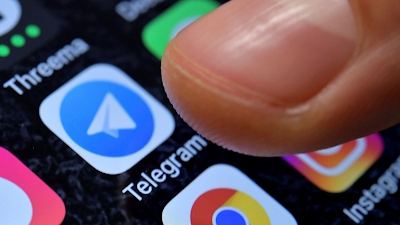Review: The History And Impact Of YouTube

Today I am writing a review of a paper covering history and impact of YouTube. It is written by Tashi Kamlaldin Rwalshrangpa, Sanan Mammadli, Adeyimika Agboola Adetunji, Alejandro Ballesteros Perez, Louis Alvin. The paper overall structure was very good, firstly a history of YouTube, then the technical aspect of it(as we are IT students) and then social aspects and society influence of the platform. A little bit more division of paragraphs would ease reading, but overall it was not difficult to read it. The language used in the paper is easy to understand, didn't use complex English dictionary. Sources are very well sited, there are plenty of them. You can see all the references mentioned very clearly. The paper was interesting to read. The articles were exciting, and I have learnt many facts that I did not know. I really liked the fact that they covered the technical aspect of YouTube and the way it stores videos. Also, mentioning the social and polit...



